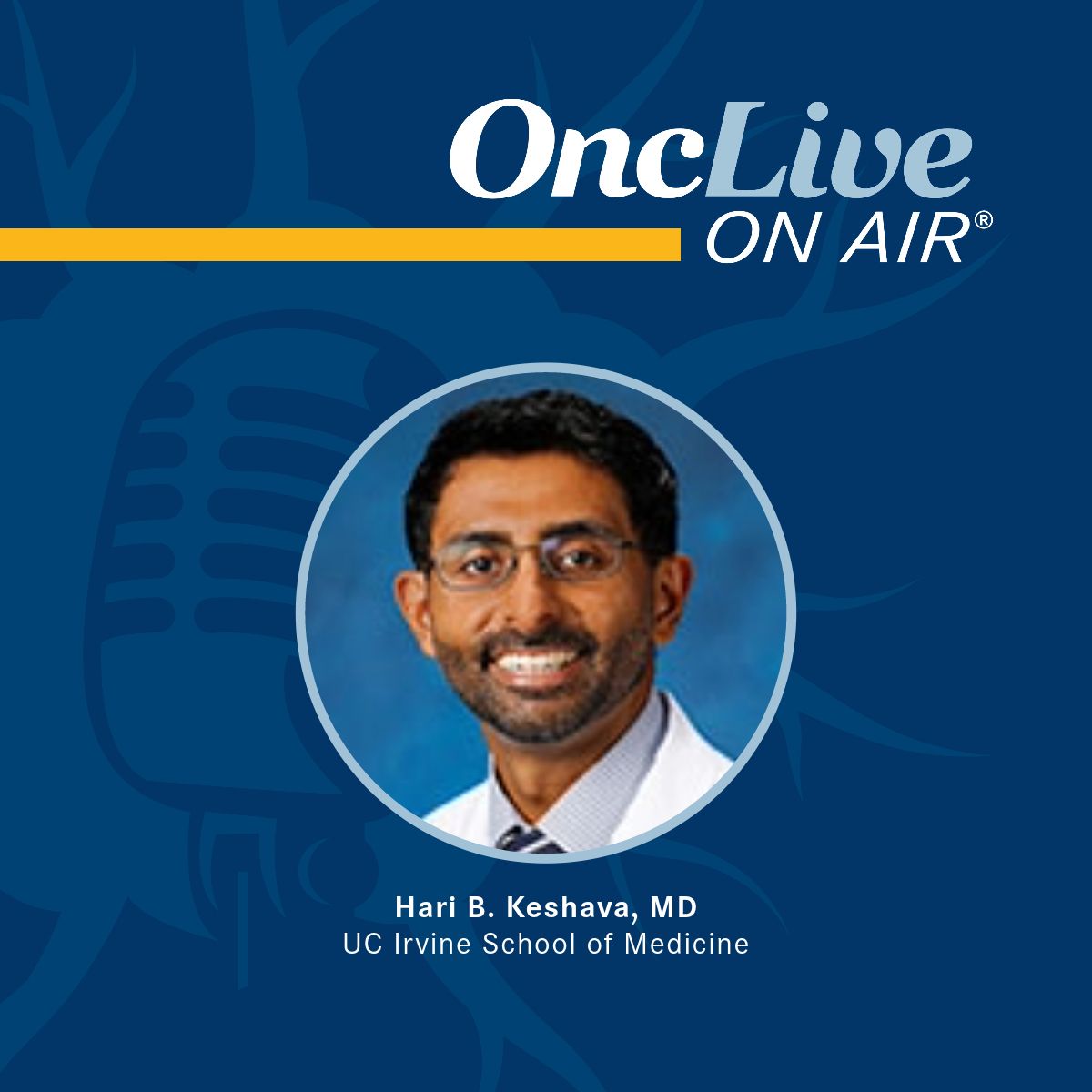Video
Dr. Camidge Discusses Resequencing Lung Cancer
Author(s):
Dr. Ross Camidge, from the University of Colorado Cancer Center, Discusses Resequencing Lung Cancer
D. Ross Camidge, MD, PhD, director of the Thoracic Oncology Clinical Program at the University of Colorado Cancer Center, discusses two circumstances that may warrant performing a second molecular test for the same abnormalities in a patient with lung cancer.
If a tumor develops an acquired resistance to therapy, resequencing may detect if a new secondary mutation is responsible. For instance, patients with an activating mutation in EGFR who develop resistance to a targeted tyrosine kinase inhibitor, such as erlotinib, may harbor a new mutation in T790M.
Additionally, Camidge explains that it may be necessary to retest a patient if they do not respond appropriately to therapy. If a patient who tests positive for an ALK mutation does not respond to crizotinib, a mistake may have been made. Resequencing helps rule out any mistakes or errors that may have been made during the first test.









